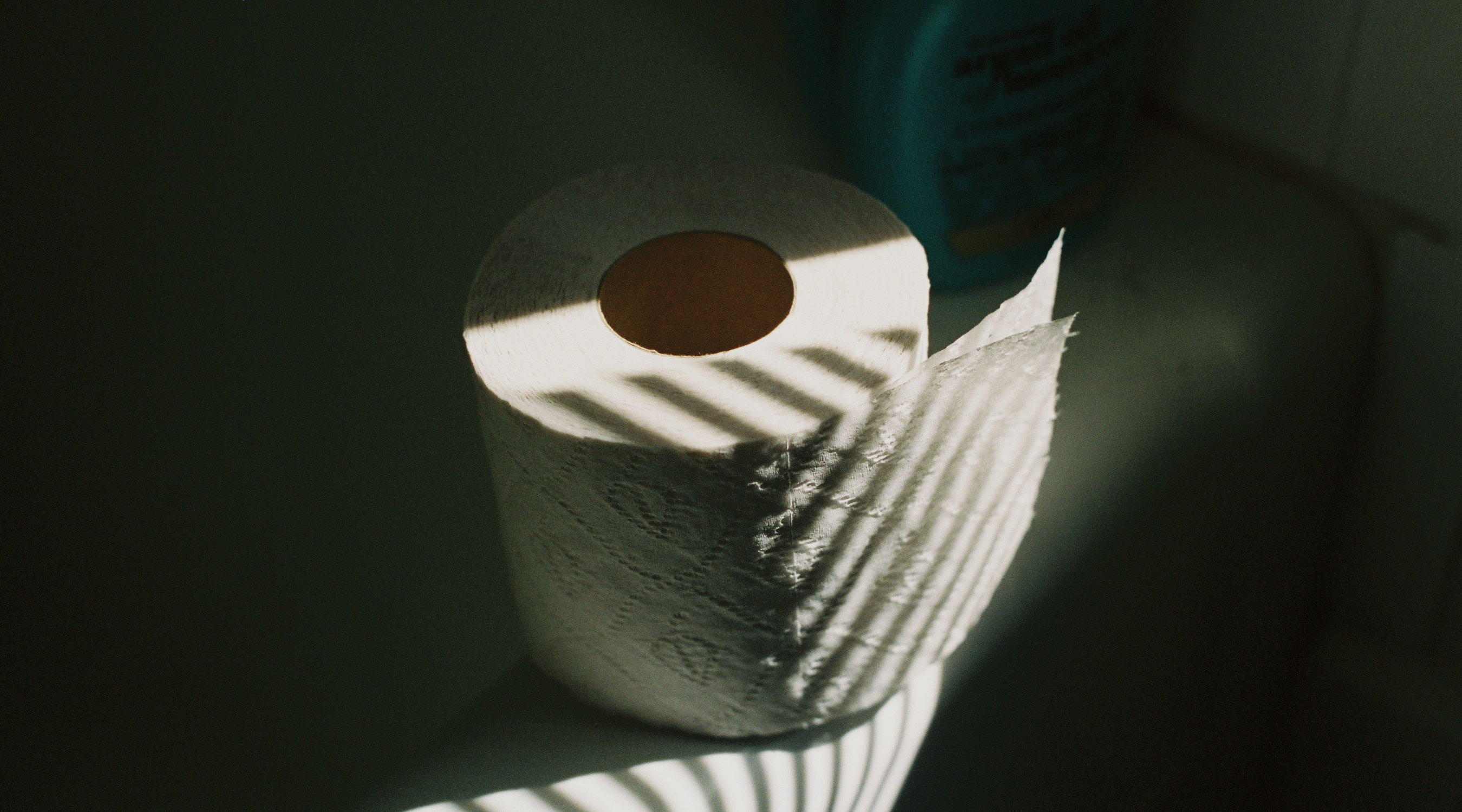
The Scoop on Your Poop
I decided it was time to jump into this topic because, in my 16 years of practice, I have witnessed the fact that all symptoms of discomfort with my clients start with bowel issues. In fact, did not Hippocrates himself say, “All disease begins in the gut”? Added to this, no one wants to talk about their bowel movements, yet it is essential, and education, especially with our children, is badly needed. Whenever I speak to clients about this topic, they first say that bowel health should be taught in schools!
The confusion lies in the fact that most people do not make the connection with symptoms they may be experiencing with the gut because they were not educated that way. It is very common to think that if we have a cold or the flu, it originates in our sinuses, or if we have a migraine, head congestion is the cause. The truth is that our body is an organization. The body is a community of many organs working for the good of one another. Without adequately functioning elimination organs, the body gets sick.
Digestion is our first pillar of health. We are not what we eat; we are what we digest. Our cells need to extract the nutrients they require from our food, and the rest has to go. If waste cannot be eliminated, it should accumulate in the body and disintegrate. If drugs are involved, bacteria accumulate. Worms and germ life develop most often in an underactive bowel. This is a big problem today, and I see it regularly with clients. Added to the fact that people do not eliminate well, pharmaceutical drugs, including antibiotics, destroy all bacteria - the friendly as well as the bad - in the bowel.
So, how should we be eliminating? What are our bowel movements supposed to look like? We have been designed to eliminate several times a day, ensuring that the total daily quantity is approximately three pounds in weight. We should feel the urge to have a bowel movement after a meal, showing that the previous meals are moving through the digestive tract. Food should pass through the body every eighteen hours. Any food that sits too long will ferment, form gas, or cause a disturbance in the bowel, which affects the rest of the body.
Eliminating once a day is not enough. Not only are quantity and transit time important, but when we have the urge, we should sit on the toilet for less than a minute. Straining or forcing indicates a prolonged digestive system and can lead to hemorrhoids and other problems. The stool should slide out of your intestines, similar to how toothpaste leaves the tube. It should be well-formed, in a reasonable quantity, and always floating, showing a well-digested journey. There should not be a hefty smell, and we should not have to use several pieces of toilet paper. If we need to clean excessively, this indicates mucous and a messy bowel. We should never see undigested food in the toilet (beets and corn as an exception,) and we should feel empty and satisfied when finished. Does this sound like your journey?
If you are not experiencing a bowel such as this, it would be necessary to look at your diet and, of course, your digestion. To learn more about this topic and how to control your health, refer to my book “Do You Have the Guts To Be Healthy?”
Until next time,
Frances


Leave a comment